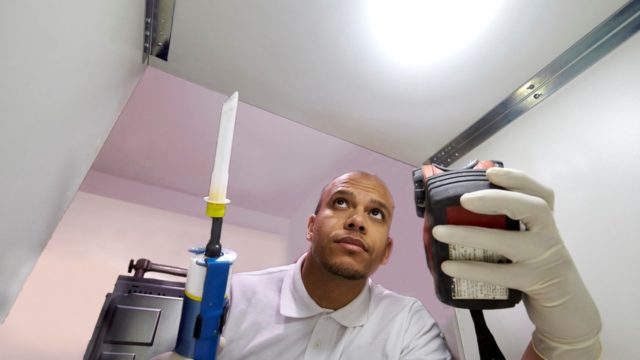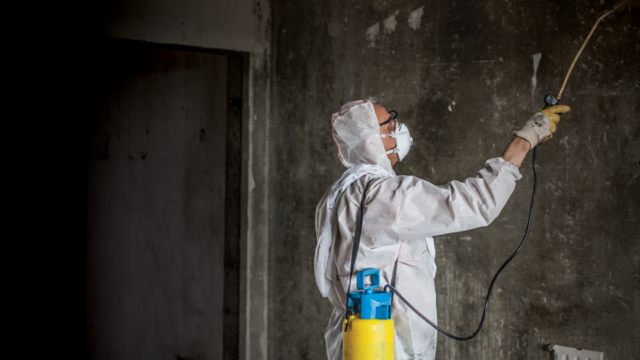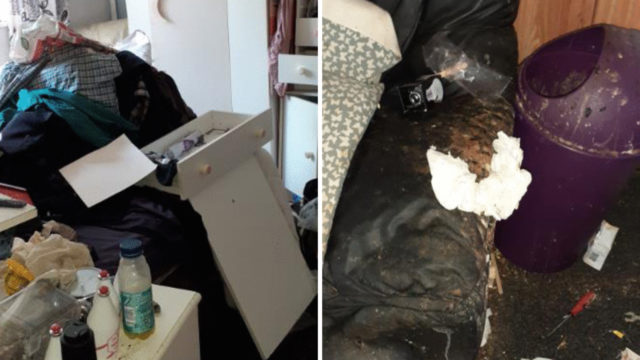Sewage leaks can be caused by anything from blockages and poor maintenance to flooding extreme weather conditions. If you’ve experienced a sewage leak on your business premises, it’s important to act quickly to ensure minimal disruption and damage.
Flood water contaminated by raw sewage, also known as blackwater, is highly unsanitary and can bring more than just a bad smell. The damp conditions can cause both cosmetic and structural damage to your property, which will only get worse with time if left untreated. The bacteria contained within the contaminated water poses a serious health risk, while the sewage itself can attract pests such as rats and flies, bringing yet more potential for disease.
What should I do if there is a sewage leak at my business premises?
Depending on the extent of the leak, you may be able to continue working around the situation, or you may need to close up and send everyone home until the leak has been fully cleaned and sanitised. It’s important to make sure that you act in the best interests of your employees and customers when dealing with matters of contamination.
Upon discovering a sewage leak, you should take the following initial precautions:
- Evacuate everyone from the affected area, including both staff and customers, and ensure that children and animals are kept away entirely.
- If the leak has been caused by a backup in your sewage system, it might be a good idea to shut off your water supply.
- Carefully disconnect any electrical equipment in the affected area to reduce the risk of electric shock. If the leak is widespread, this may require switching off your electricity entirely.
- Take photographs to document the immediate damage for insurance purposes.
- Ensure that you wash and treat footwear with a mild disinfectant and thoroughly wash your hands, even if you have been wearing rubber gloves. If you feel unwell following exposure to a sewage leak, speak to your GP.
Contact a qualified sewage cleaning company
Once the situation has been contained, call CleanSafe for a fast response.
SafeGroup Fast Emergency Response Our experienced staff are trained by the British Damage Management Association (BDMA) and will fully decontaminate your business premises without delay, preventing further damage to the building’s structure and increased repair costs.
What is involved in a sewage leak clean-up?
SafeGroup Fast Emergency Response, bringing our fully trained staff and a range of industrial cleaning equipment. We will first evaluate the spill to check for hazards and to determine the best procedure before removing the flood water. For very large spills, this may require the use of a vacuum tanker, which is capable of removing thousands of gallons of sewage in just a few minutes.
We will then remove any remaining debris before fully disinfecting the entire area and installing drying equipment to ensure that mould and fungus cannot grow, which could pose further health risks and cause unpleasant odours. The amount of time required for cleaning and drying depends on a number of factors, such as contamination levels of the water, the area of the spill, and whether the sewage has come into contact with porous materials such as wood or carpet.
We will keep you informed at each stage of the process and will advise you on what you can do to prevent sewage leaks in the future. We will also deal with your insurance company, leaving you free to get back to business.
Call CleanSafe now on 0800 668 1268 for a fast response to your sewage leak.





